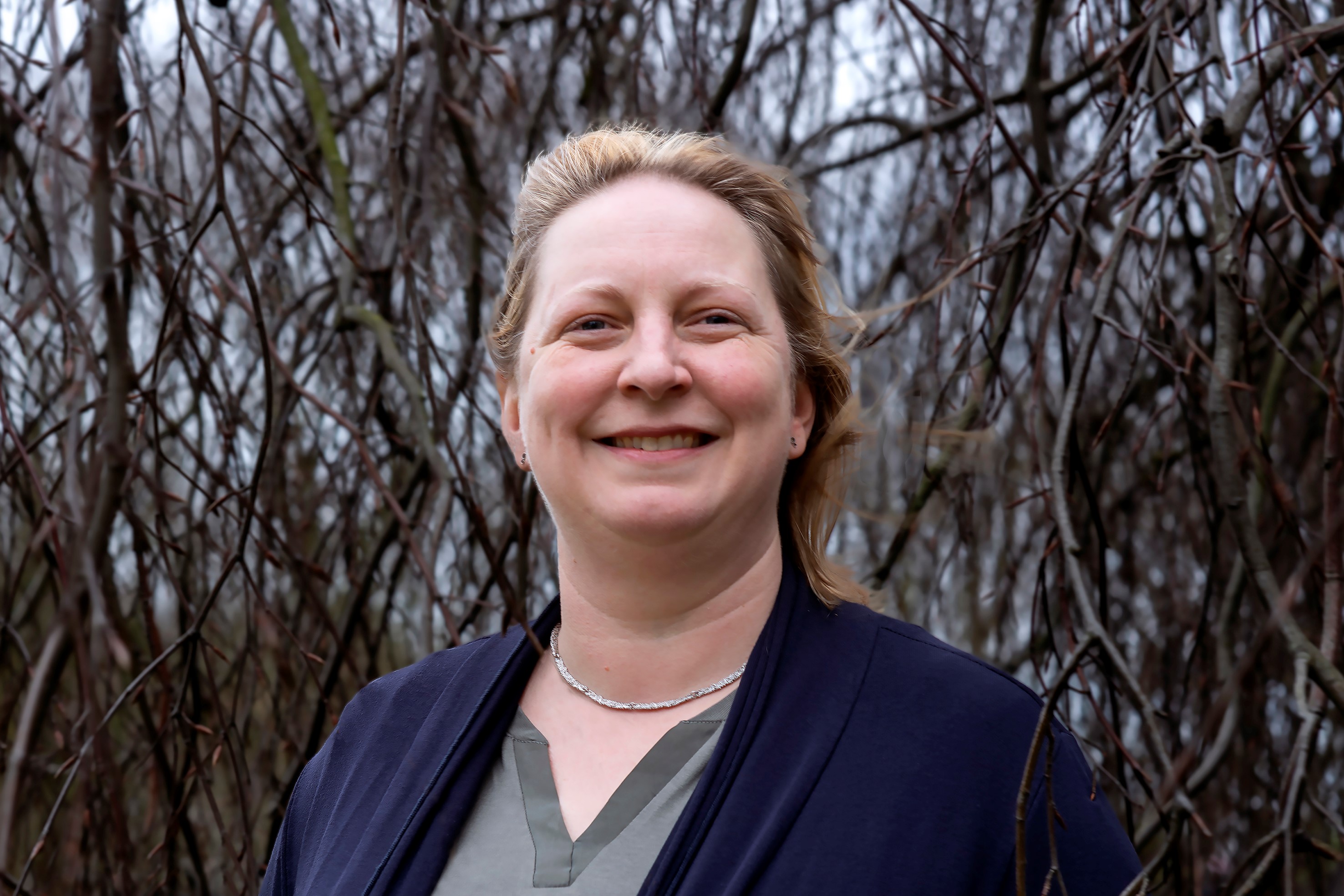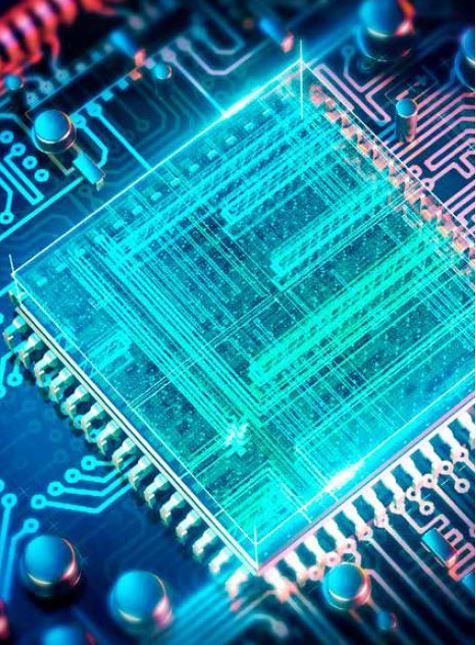MaCSBio Science Day 2017: a big success!
The second MaCSBio Science Day was organized on 9 June 2017 at Maastricht University. This time the theme of the Science Day was: Extending Networks and was focused on fostering and expanding MaCSBio’s networks at Maastricht University and beyond.
Morning session
It is 09:30 in the morning when the first guests are coming in. In no time the small Banditos-café at Oxfordlaan 55 is filled. Registration is going along smoothly while the final preparations are being made in the Jo Ritzenzaal.
Every seat in the house is filled when MaCSBio’s scientific Director Ilja Arts takes the stage at 10:00 to share a few welcoming words and give a basic outline of what MaCSBio has achieved in the last year. The MaCSBio Science Day 2017 has begun! With a loud applause she hands over the podium to the first keynote speaker of the day: Dr. Thomas Burwick.
Dr. Burwick (Frankfurt Institute for Advanced Studies, Goethe University Frankfurt, Frankfurt) kicks off with a captivating presentation: Deep neural networks: from brains to computers and back.
After the first keynote presentation it was time for a first for the MaCSBio Science Day. This is the first time MaCSBio presents in duo-form. This is due to the interdisciplinary nature of systems biology and to underline the theme of the day: extending networks.
The first duo presentation, given by Dr. Radek Szklarczyk - Genetics and Cell Biology, Maastricht UMC+ and MaCSBio’s Bob Engelen, on the Identification and characterization of novel mtDNA replication factors. The first duo presentation goes down well with the audience and after half an hour it is already time for the second duo presentation.
This time Dr. Federico De Martino - Cognitive Neuroscience, Maastricht University and Isma Zulfiqar (MaCSBio) have 30 minutes to present their work on the auditory cortex to the audience. After their talk and a round of Q&A, the first part of the day has come to a close.
Lunch and Peer groups
Lunch is served at the MaCSBio department at UNS 60, but this is not all. This year MaCSBio has organized Peer group sessions. So after a hearty lunch and a cup of soup the guests disappear to take part in one of the three peer groups. Peer Groups allow researchers who are working with similar methods or on closely related topics to meet and discuss common challenges in an informal setting.
Afternoon session
14:00, everybody is back at Oxfordlaan 55 for the afternoon session. Prof. Dr. Edwin Mariman (Human Biology & Movement Sciences, Maastricht University) and Samar Tareen (MaCSBio) discuss their work on dietary interventions and explain what happens during weight loss. After their presentation it is time for the last duo-presentation of the day.
Dr. Marleen van Greevenbroek (Internal Medicine, Maastricht UMC+) and Shauna O’Donovan (MaCSBio) discuss glucose metabolism in cohorts (CODAM and Maastricht Study). And also this final duo presentation, like all the others, is met with a loud round of applause.
After a quick coffee-break the second keynote speaker, Dr. Adil Mardinoglu (Royal Institute of Technology/Chalmers University of Technology), comes up to the front to talk about the identification of liver-specific targets for the treatment of liver diseases by using biological networks. A nice presentation which shows what extraordinary work is done in this field at the moment.
The final presentation of the day will be themed around the Systems Biology master’s programme at Maastricht University, which is coordinated by MaCSBio. Dr. Michiel Adriaens (MaCSBio) gives a brief introduction about the newly shaped master’s programme after which he introduces a couple of master students who will present their research in a series of short talks. These talks are met with enthusiasm from the audience and with this the ‘formal’ part of the MaCSBio Science Day 2017 comes to an end.
Of course there is time afterwards to discuss the lectures, any new insights and/or ask some additional questions whilst enjoying a drink. All in all, the second MaCSBio Science Day was a great success and a big leap forward in comparison to last year’s Science Day.

The first MaCSBio Science Day was organized on 17 May 2016 at Maastricht University.
Maastricht Centre for Systems Biology (MaCSBio)
Photos

















Relevant links
Also read
-
Maastricht University received grants for three of the ten research projects starting in the National Growth Fund program Circular Plastics NL.
-
"I am proud that our new Circular Plastics group published its first completely in-house research," Kim Ragaert says. She founded the research group three years ago, when she moved to Maastricht. Her work has laid the foundations for many innovations in the field of plastic recycling, and she is...
-
Programming quantum computers, like the quantum computer itself, is still in its early stages. Quantum computing researchers tend to be physicists, mathematicians, or computer scientists who have a special interest in the mathematical framework of quantum mechanics.


